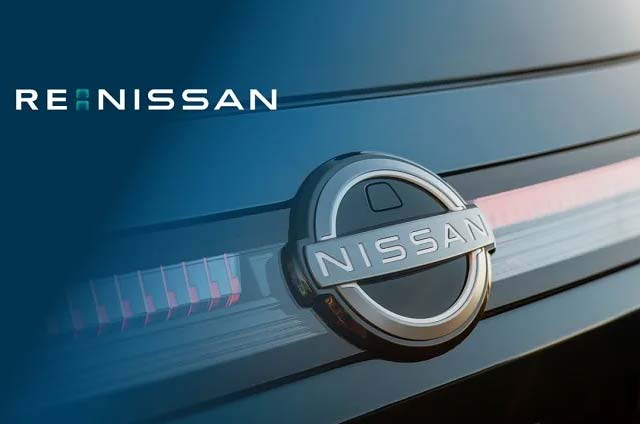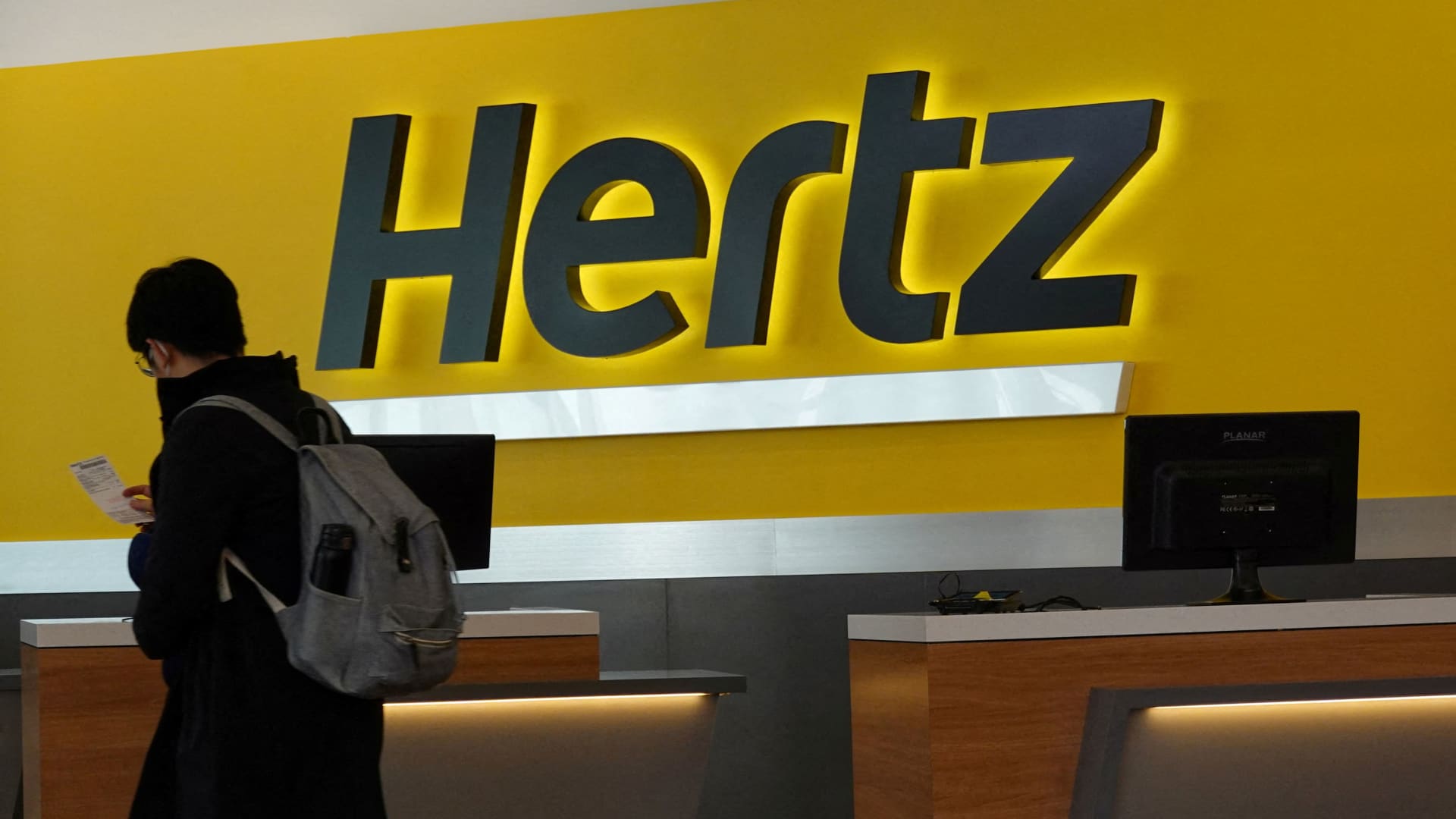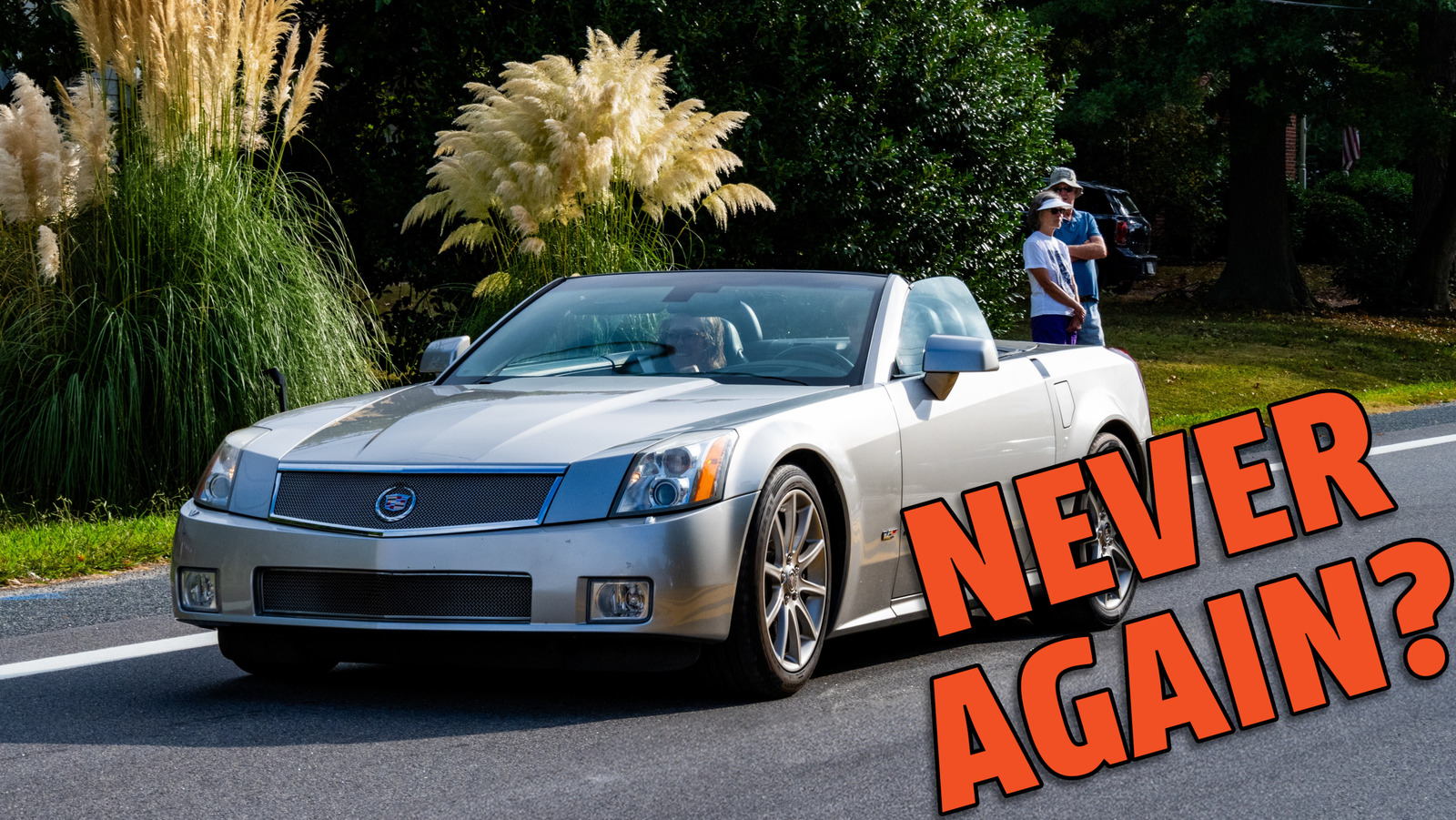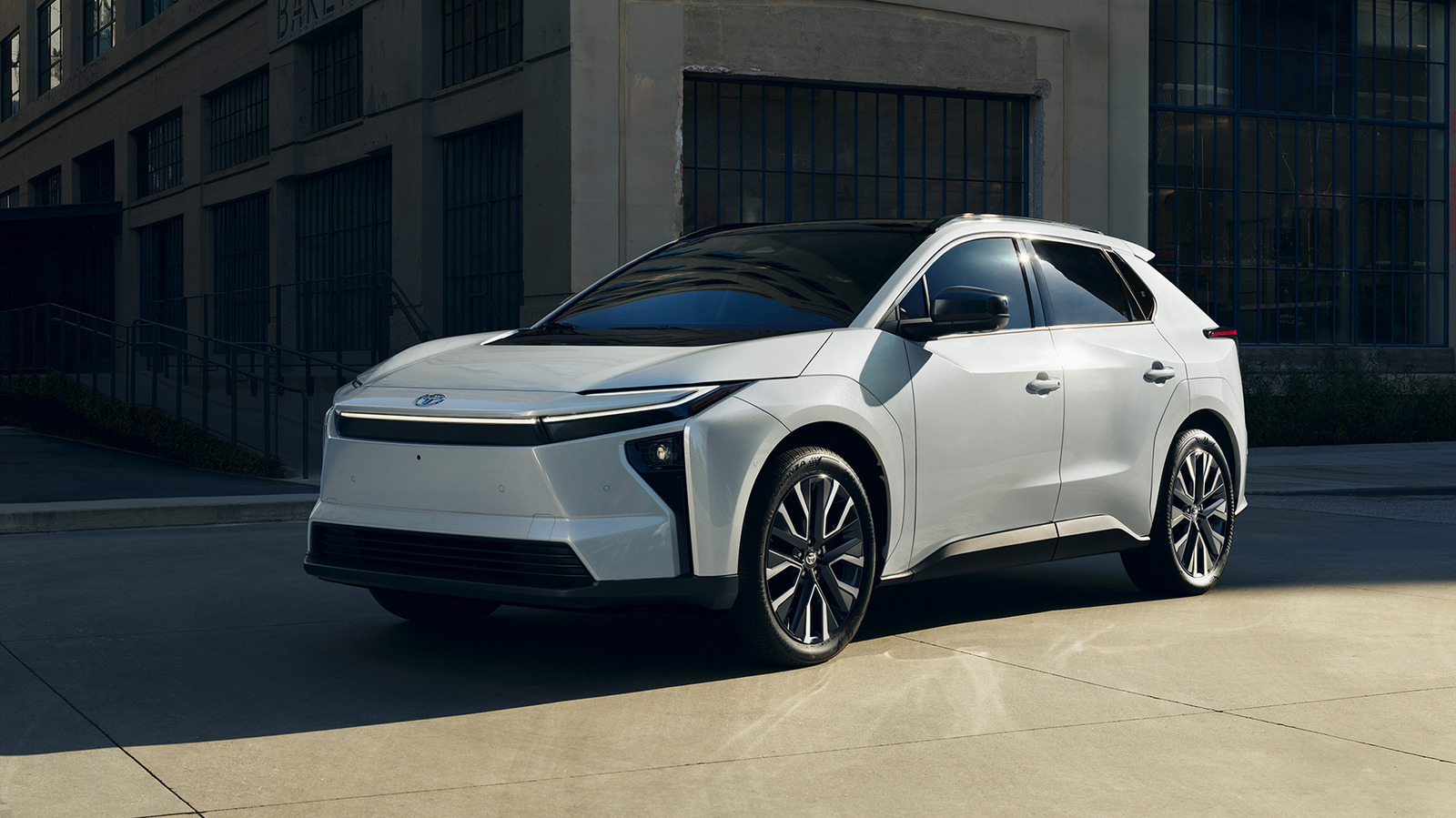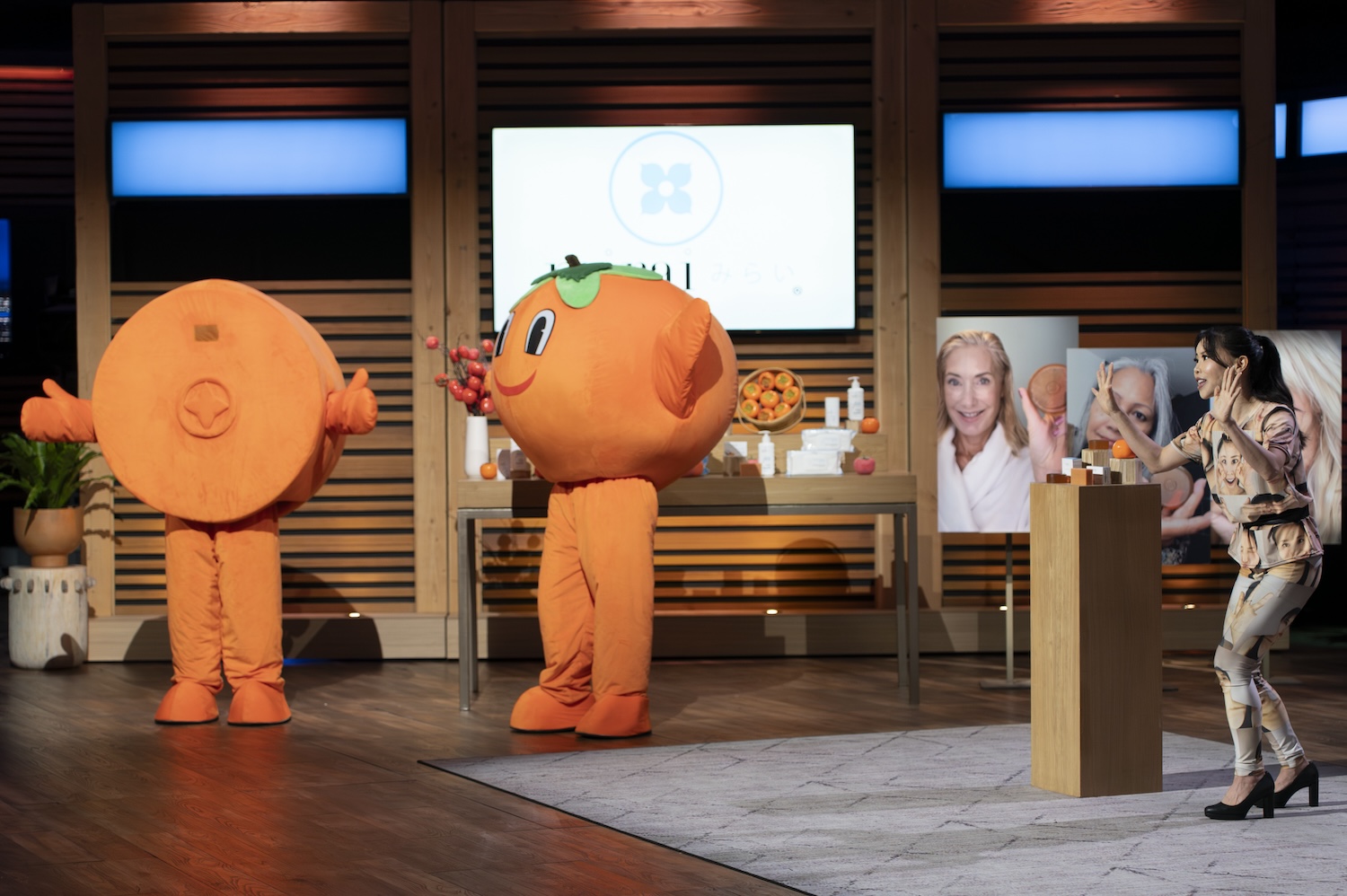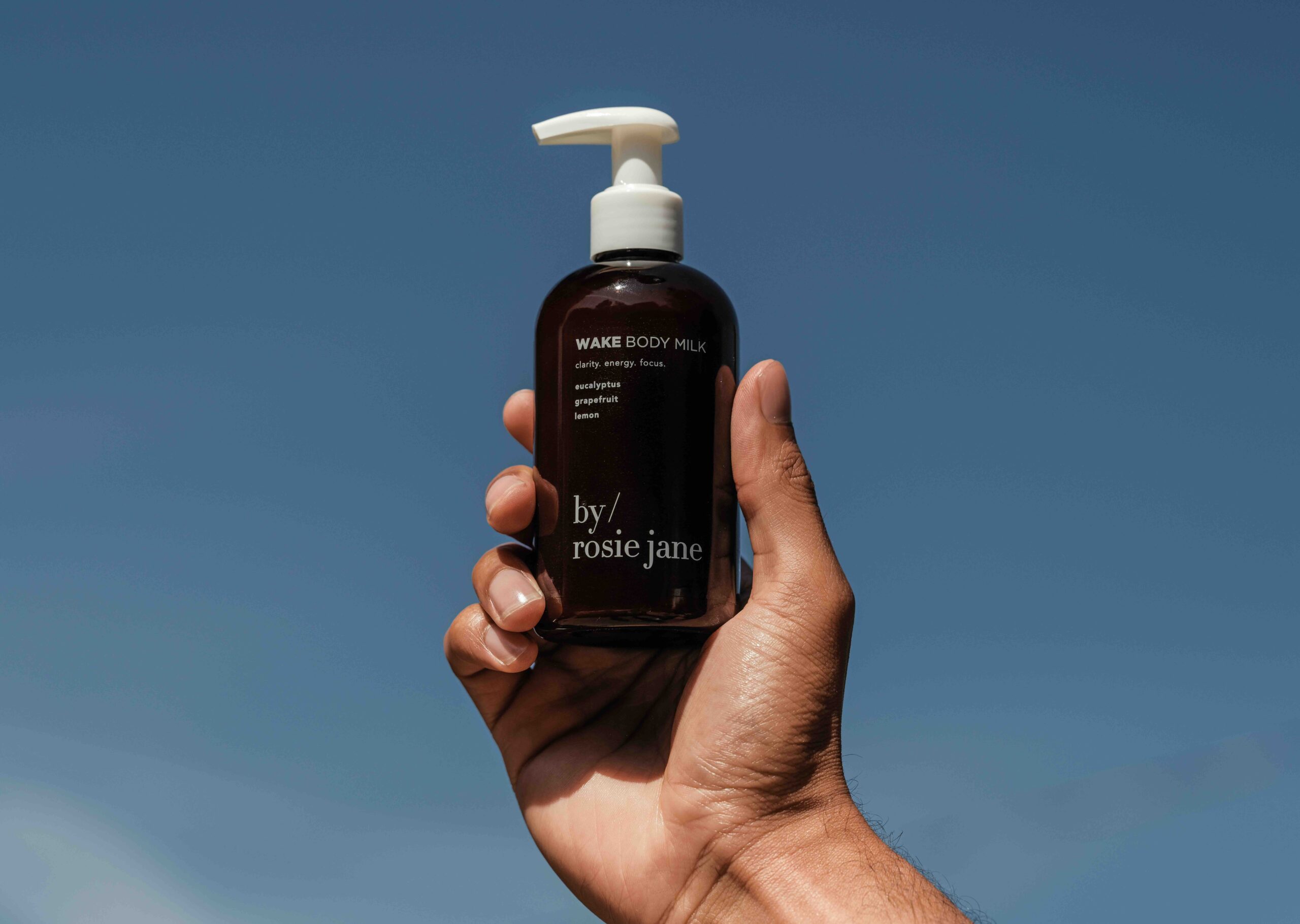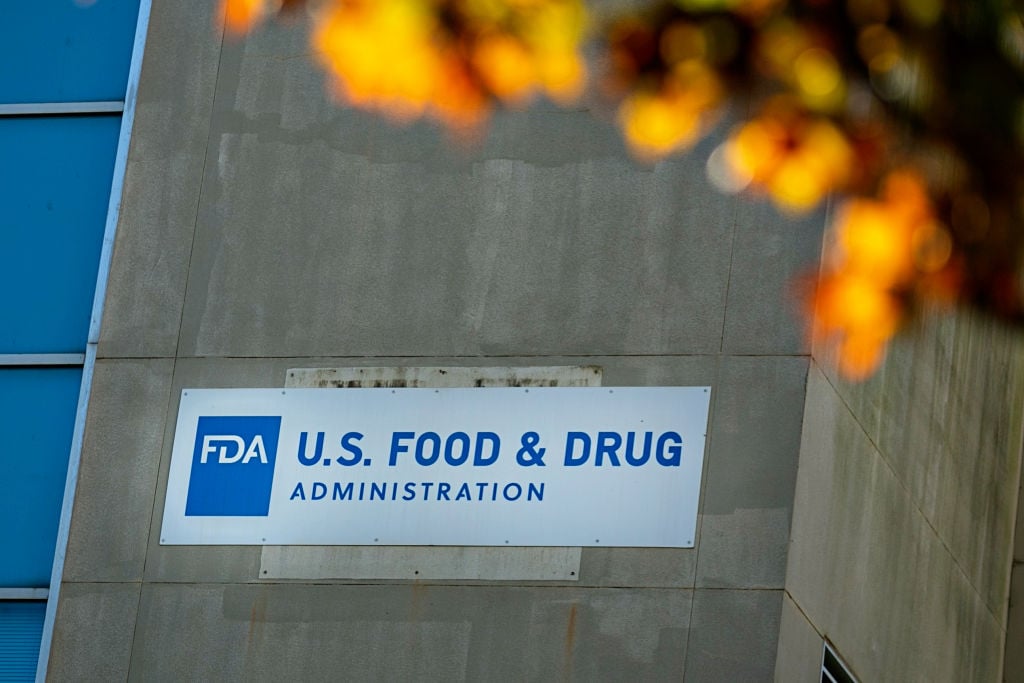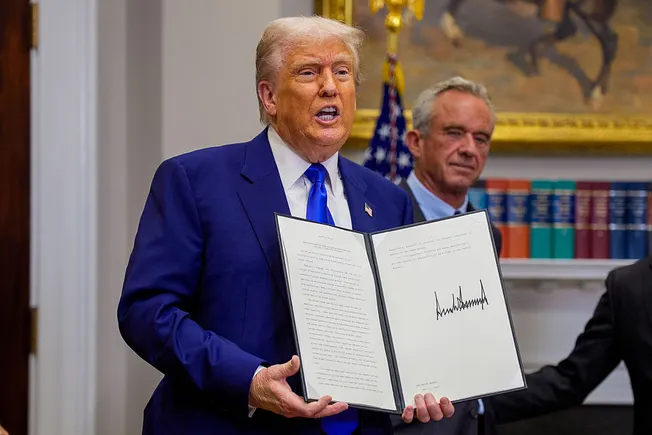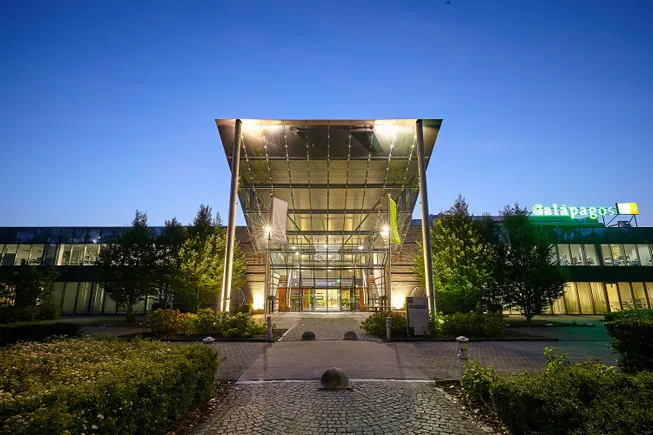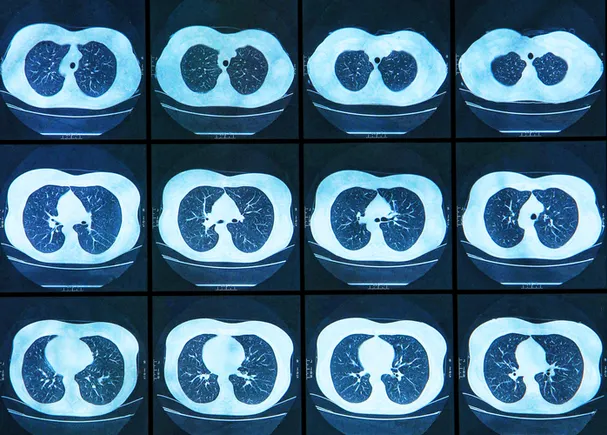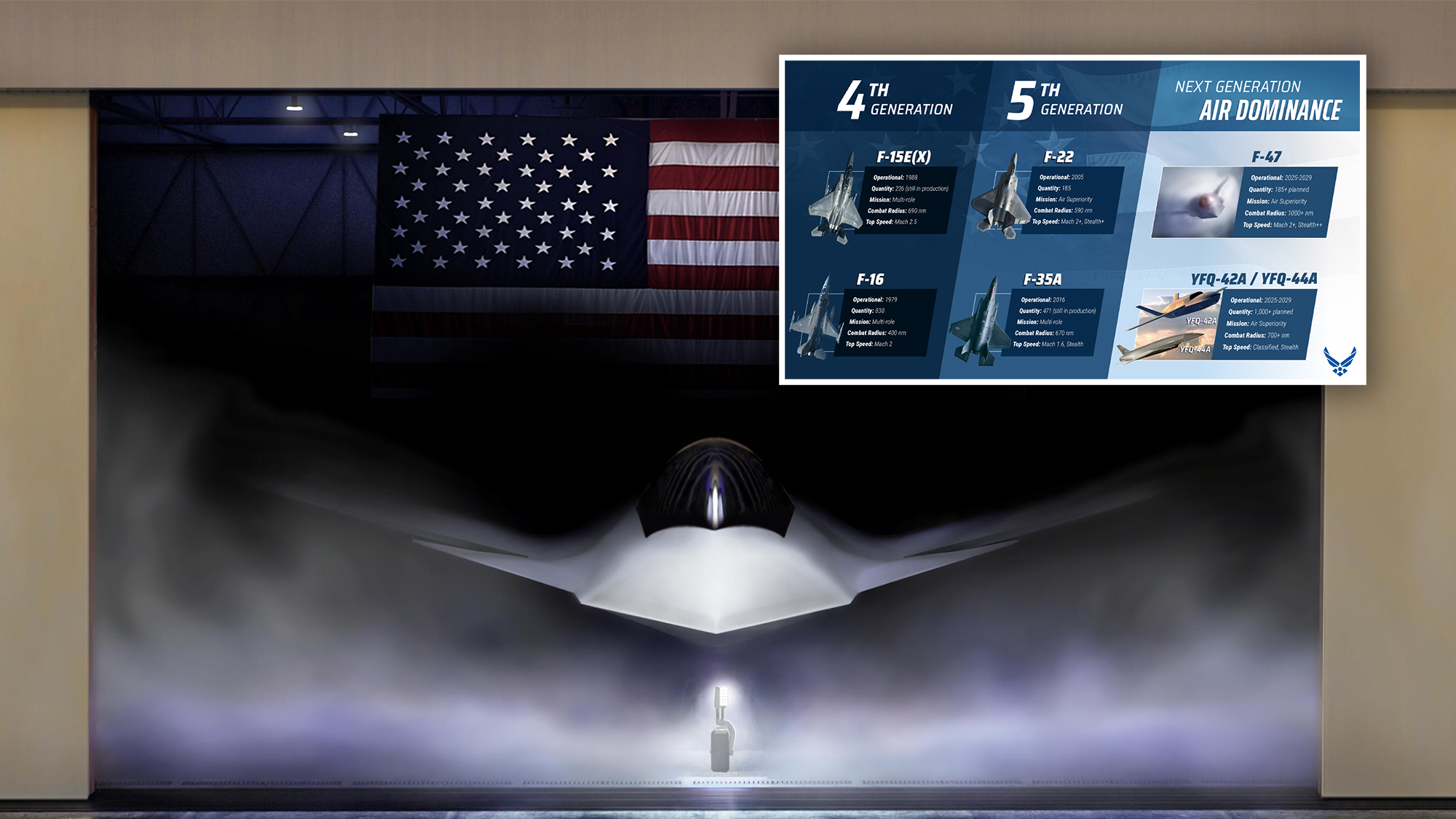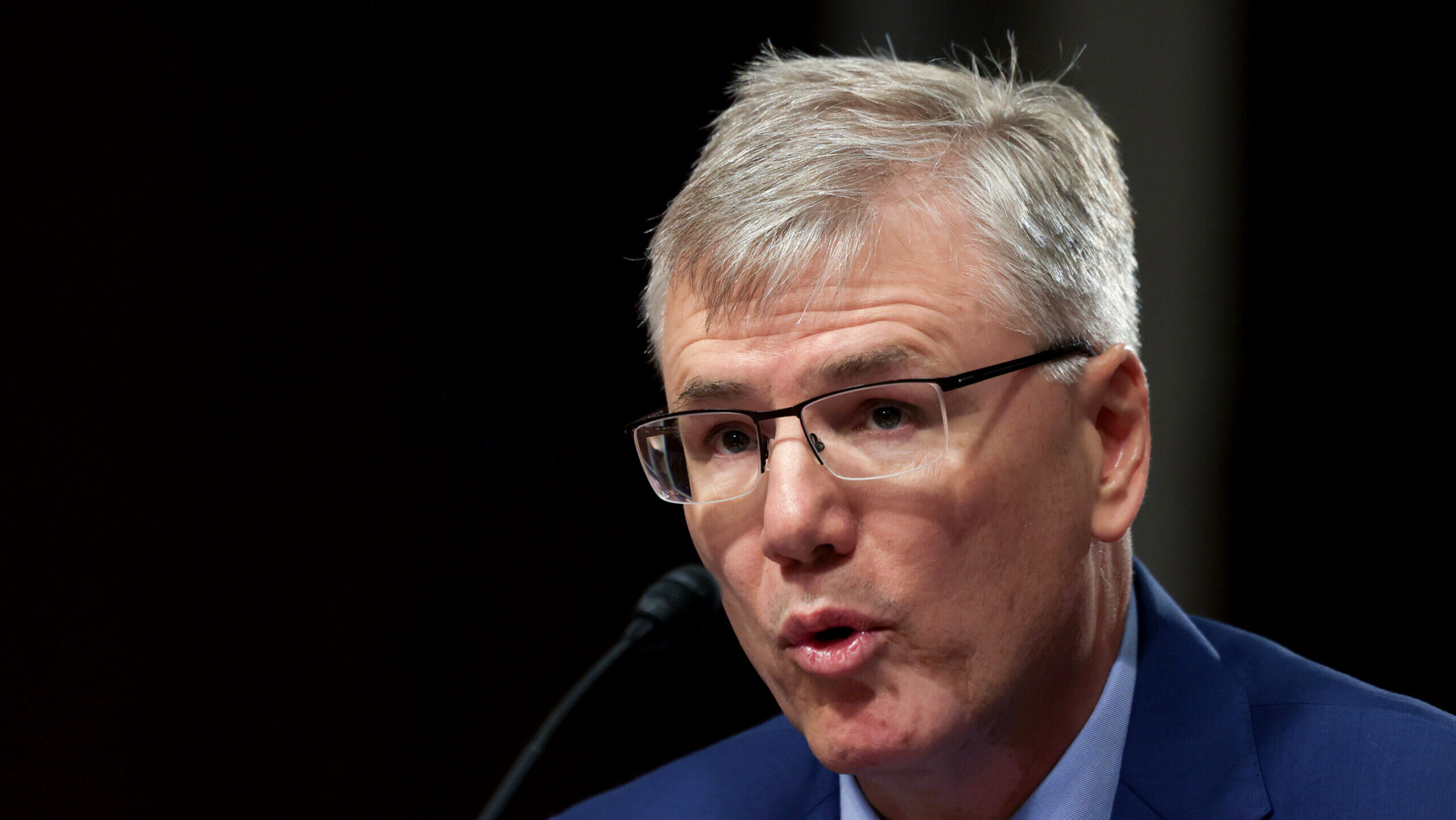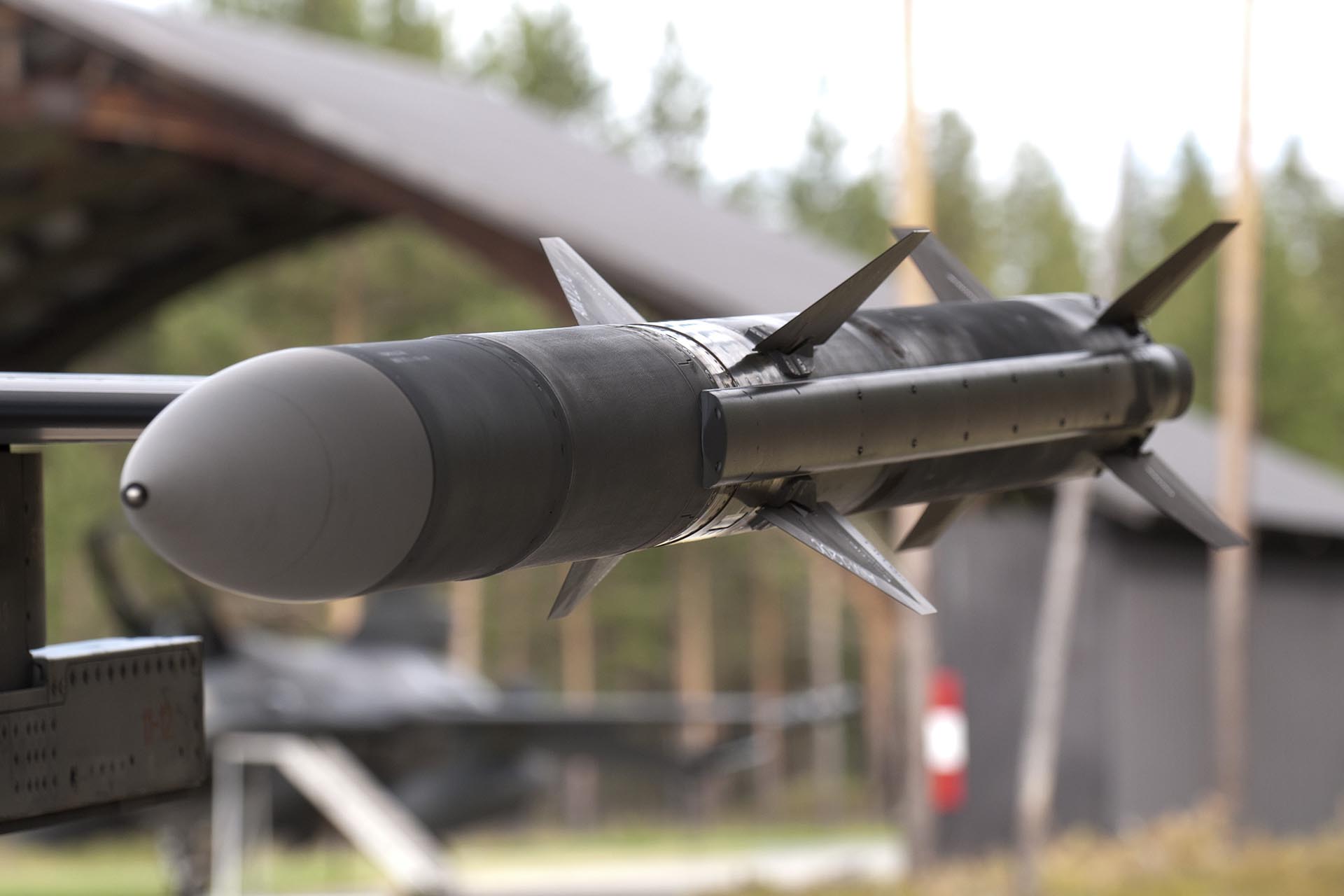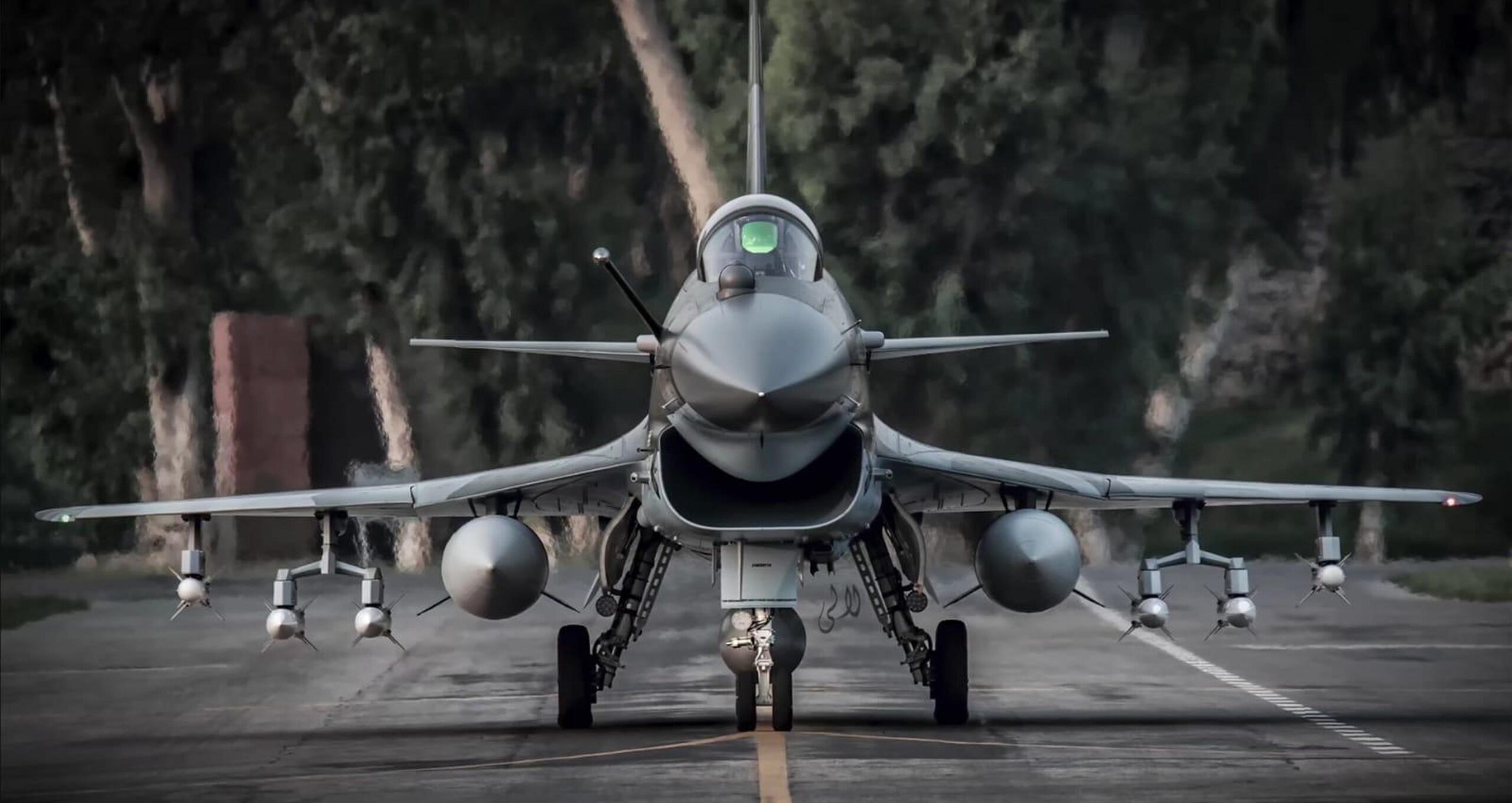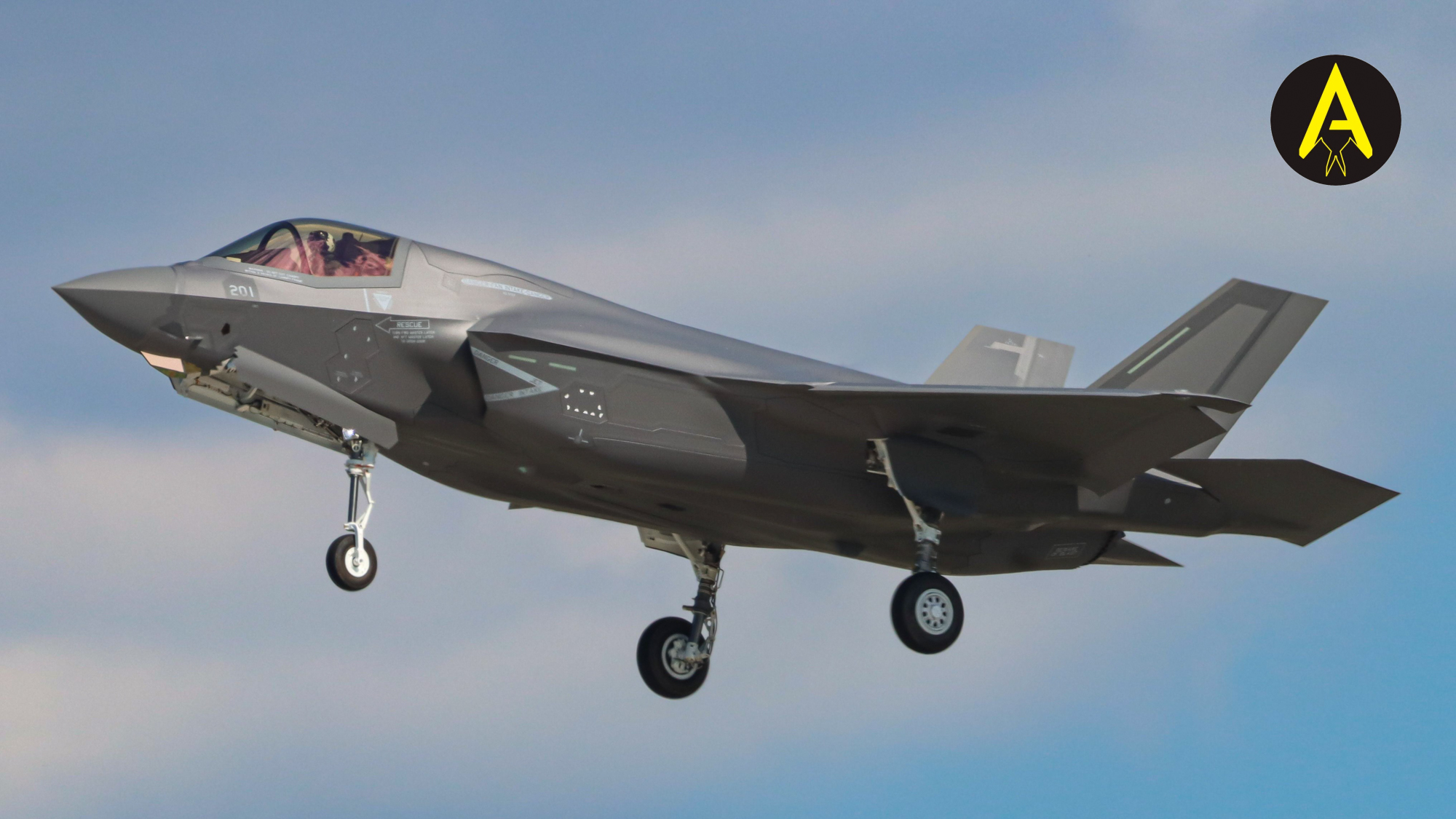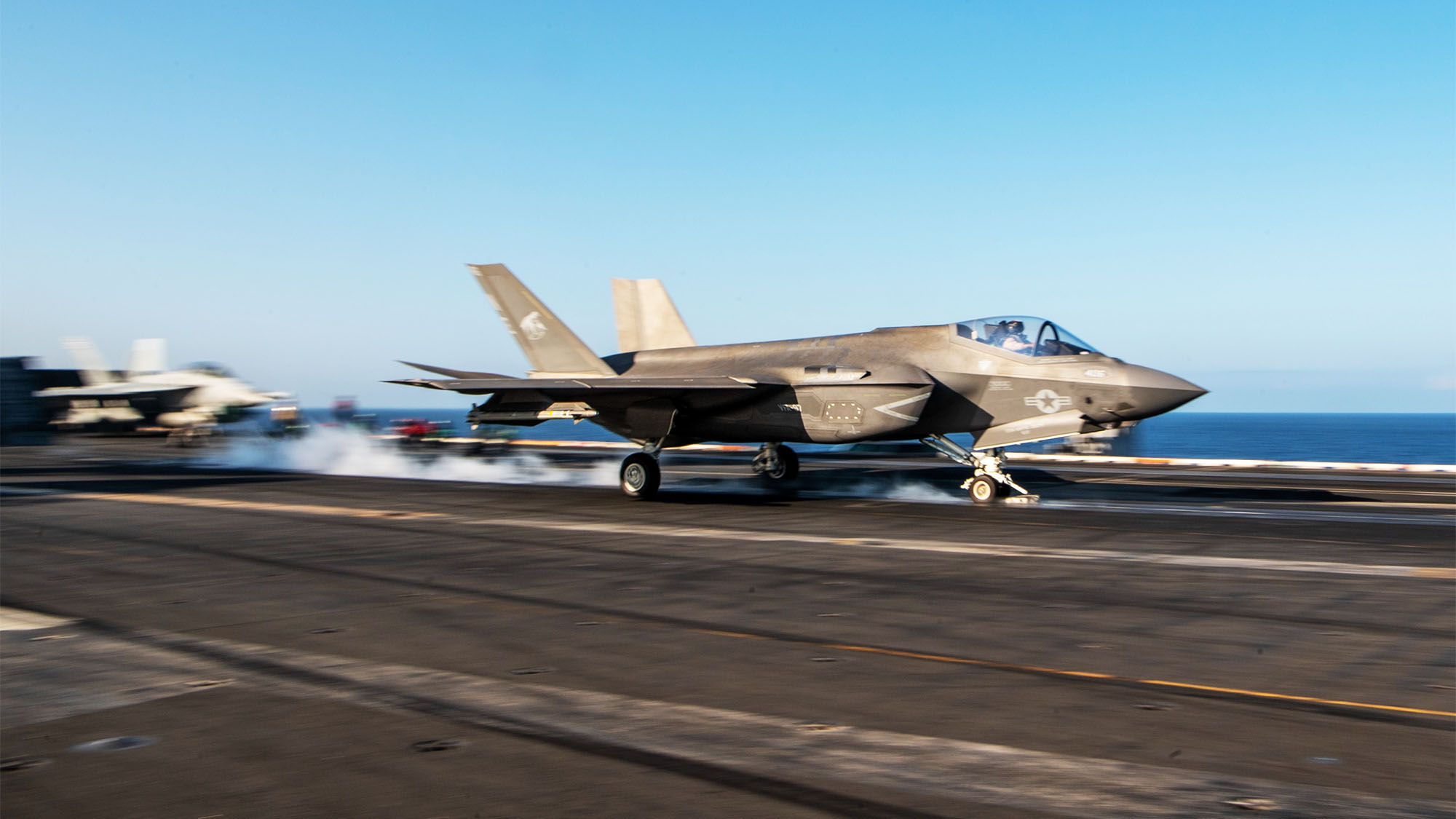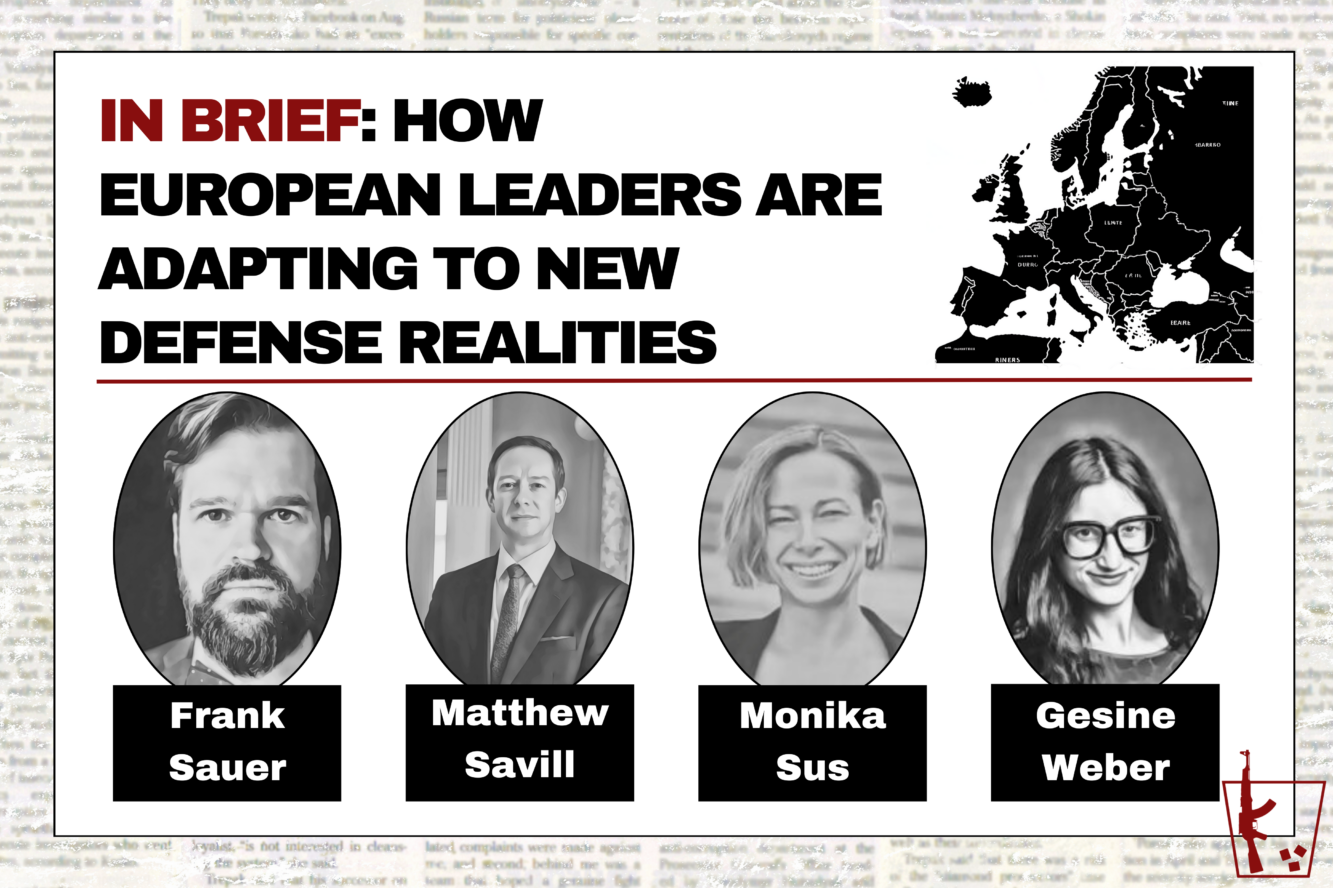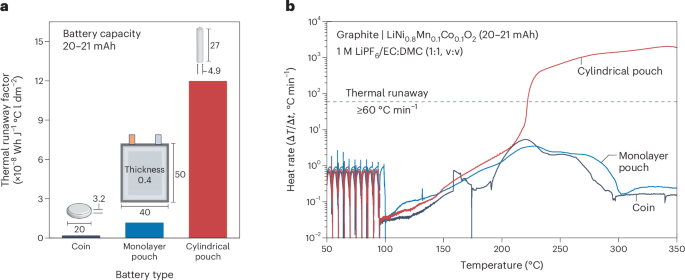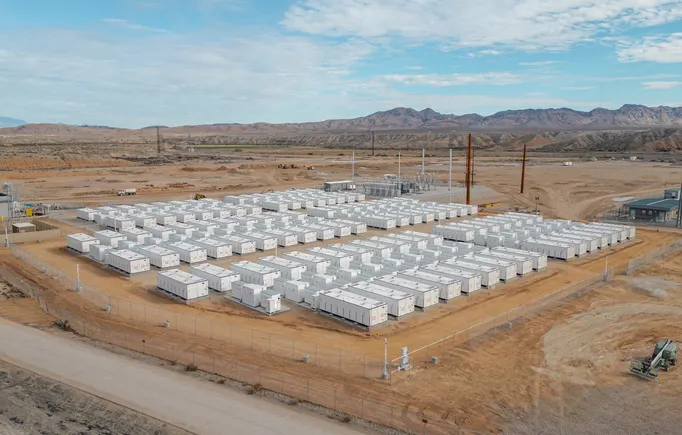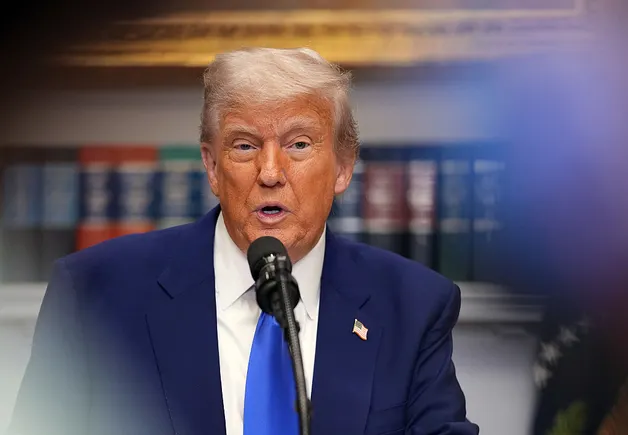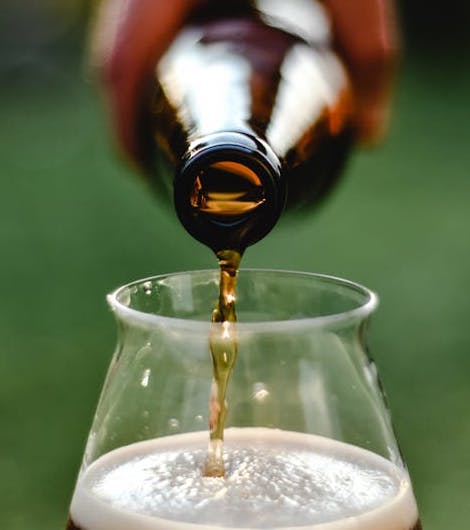The long-awaited UK-US trade deal, announced last week, was swiftly hailed as a political triumph on both sides of the Atlantic. For the alcoholic drinks industry, however, the landmark agreement has yielded more ambiguity than celebration.
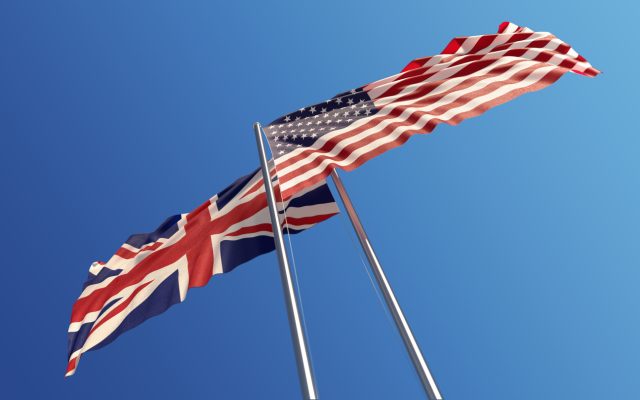
While certain agricultural and automotive sectors received immediate tariff relief, the transatlantic flow of wine, beer and spirits remains mired in a patchwork of duties and unrealised hopes. Most notably, UK whisky producers found themselves excluded from tariff reductions, while US ethanol exporters emerged as surprise winners.
The bilateral agreement, positioned as a "historic reset" in UK-US economic ties, saw Washington lift or reduce tariffs on British steel, aluminium and cars in exchange for increased market access for US beef and ethanol in the UK. But for Scotch whisky producers and the broader UK spirits sector, the outcome was underwhelming. Despite extensive lobbying, the United States maintained its newly imposed 10% tariff on all UK alcoholic beverage imports, a policy implemented in April 2025 under President Trump’s "reciprocal tariffs" framework.
"We continue to support a measured and pragmatic approach in the weeks ahead so that Scotch whisky can return to the zero-for-zero tariff agreement with our friends and partners in the US whiskey industry as soon as possible," said a spokesperson for the Scotch Whisky Association (SWA). The US is the industry’s largest single market, and the new tariff risks eroding competitiveness in what has long been fertile ground for British distillers.
The agreement did, however, solidify American whiskey’s access to UK consumers, with no changes to Britain’s current zero-tariff policy on US spirits. This relief followed the UK’s suspension of retaliatory 25% duties on American whiskey back in 2022. The Distilled Spirits Council of the United States (DISCUS) welcomed the stability and continues to advocate for reciprocal tariff removal, citing decades of mutual growth under past zero-duty arrangements.
Confusion around beer
On the beer front, UK producers were similarly disheartened. The British Beer and Pub Association (BBPA) said that while it welcomed continued dialogue, it had seen "no material gains" for the brewing sector. British ales and craft beers now face the same 10% US import duty, limiting their price competitiveness. In protest, Titanic Brewery removed American beers and spirits from all 17 of its UK venues, spotlighting tensions that may ripple through transatlantic distribution chains.
The deal also prompted controversy for its framing of ethanol. The UK agreed to eliminate its tariff on 1.4 billion litres of US fuel ethanol, unlocking what the Renewable Fuels Association (RFA) estimates as a US$700 million export opportunity.
British officials initially described the ethanol concession as supporting beer production, an assertion that baffled the brewing industry. "Given ethanol is not used to make beer, we cannot see how this is a win for brewers or pubs," a BBPA spokesperson clarified.
Meanwhile, Scotch whisky found brighter prospects elsewhere: a new
UK-India trade agreement announced within days of the US pact secured a phased reduction in Indian import tariffs from 150% to 40% over the next decade. The SWA called the India deal "transformational," projecting up to £1 billion in additional Scotch exports over five years.
The juxtaposition between the India and US deals sums up the patchy nature of Britain’s current trade strategy. While ministers tout their ambition to make the UK a champion of global free trade, critics argue that the selective nature of concessions — ethanol over whisky, cars over craft beer — raises questions about industry priorities. The drinks sector, for its part, has made clear that the latest deal is not the final toast. As one industry executive put it: "Jobs saved, jobs won, but not job done."
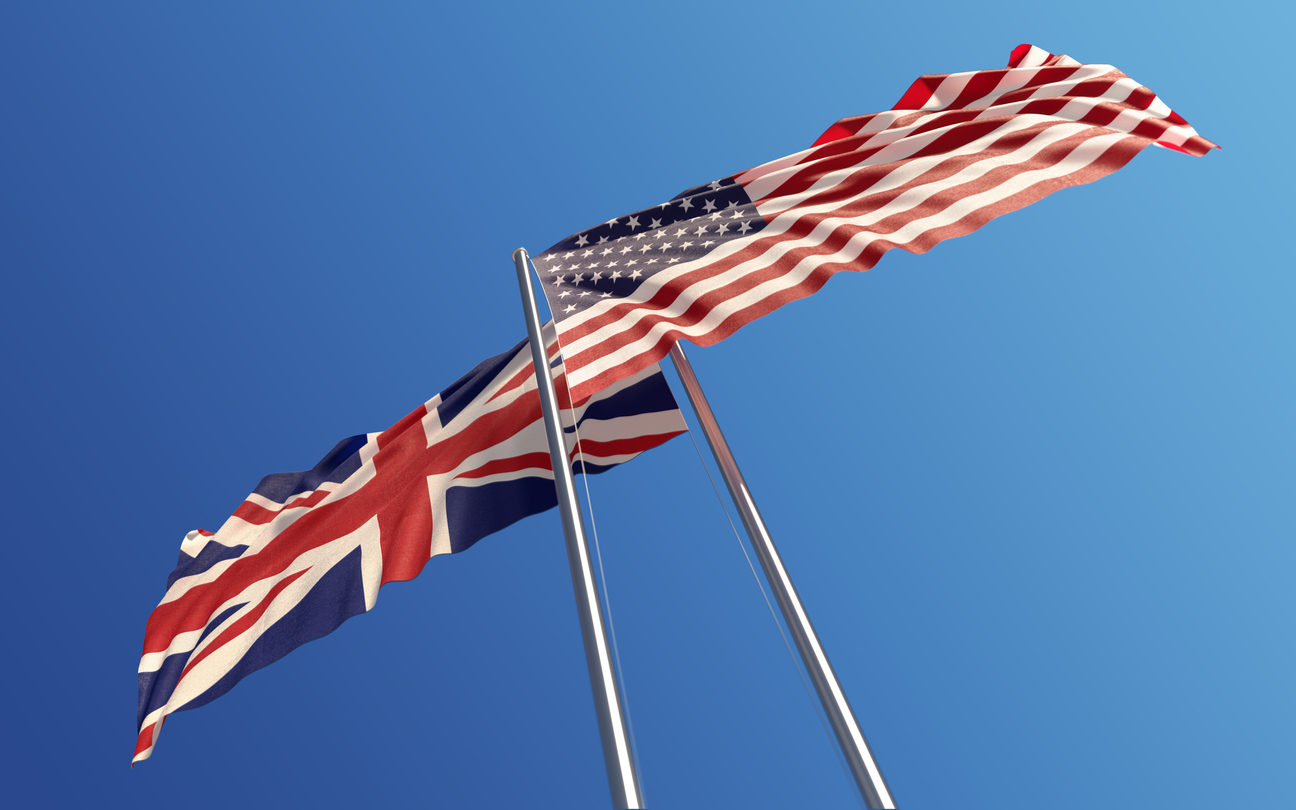
 While certain agricultural and automotive sectors received immediate tariff relief, the transatlantic flow of wine, beer and spirits remains mired in a patchwork of duties and unrealised hopes. Most notably, UK whisky producers found themselves excluded from tariff reductions, while US ethanol exporters emerged as surprise winners.
The bilateral agreement, positioned as a "historic reset" in UK-US economic ties, saw Washington lift or reduce tariffs on British steel, aluminium and cars in exchange for increased market access for US beef and ethanol in the UK. But for Scotch whisky producers and the broader UK spirits sector, the outcome was underwhelming. Despite extensive lobbying, the United States maintained its newly imposed 10% tariff on all UK alcoholic beverage imports, a policy implemented in April 2025 under President Trump’s "reciprocal tariffs" framework.
"We continue to support a measured and pragmatic approach in the weeks ahead so that Scotch whisky can return to the zero-for-zero tariff agreement with our friends and partners in the US whiskey industry as soon as possible," said a spokesperson for the Scotch Whisky Association (SWA). The US is the industry’s largest single market, and the new tariff risks eroding competitiveness in what has long been fertile ground for British distillers.
The agreement did, however, solidify American whiskey’s access to UK consumers, with no changes to Britain’s current zero-tariff policy on US spirits. This relief followed the UK’s suspension of retaliatory 25% duties on American whiskey back in 2022. The Distilled Spirits Council of the United States (DISCUS) welcomed the stability and continues to advocate for reciprocal tariff removal, citing decades of mutual growth under past zero-duty arrangements.
While certain agricultural and automotive sectors received immediate tariff relief, the transatlantic flow of wine, beer and spirits remains mired in a patchwork of duties and unrealised hopes. Most notably, UK whisky producers found themselves excluded from tariff reductions, while US ethanol exporters emerged as surprise winners.
The bilateral agreement, positioned as a "historic reset" in UK-US economic ties, saw Washington lift or reduce tariffs on British steel, aluminium and cars in exchange for increased market access for US beef and ethanol in the UK. But for Scotch whisky producers and the broader UK spirits sector, the outcome was underwhelming. Despite extensive lobbying, the United States maintained its newly imposed 10% tariff on all UK alcoholic beverage imports, a policy implemented in April 2025 under President Trump’s "reciprocal tariffs" framework.
"We continue to support a measured and pragmatic approach in the weeks ahead so that Scotch whisky can return to the zero-for-zero tariff agreement with our friends and partners in the US whiskey industry as soon as possible," said a spokesperson for the Scotch Whisky Association (SWA). The US is the industry’s largest single market, and the new tariff risks eroding competitiveness in what has long been fertile ground for British distillers.
The agreement did, however, solidify American whiskey’s access to UK consumers, with no changes to Britain’s current zero-tariff policy on US spirits. This relief followed the UK’s suspension of retaliatory 25% duties on American whiskey back in 2022. The Distilled Spirits Council of the United States (DISCUS) welcomed the stability and continues to advocate for reciprocal tariff removal, citing decades of mutual growth under past zero-duty arrangements.












